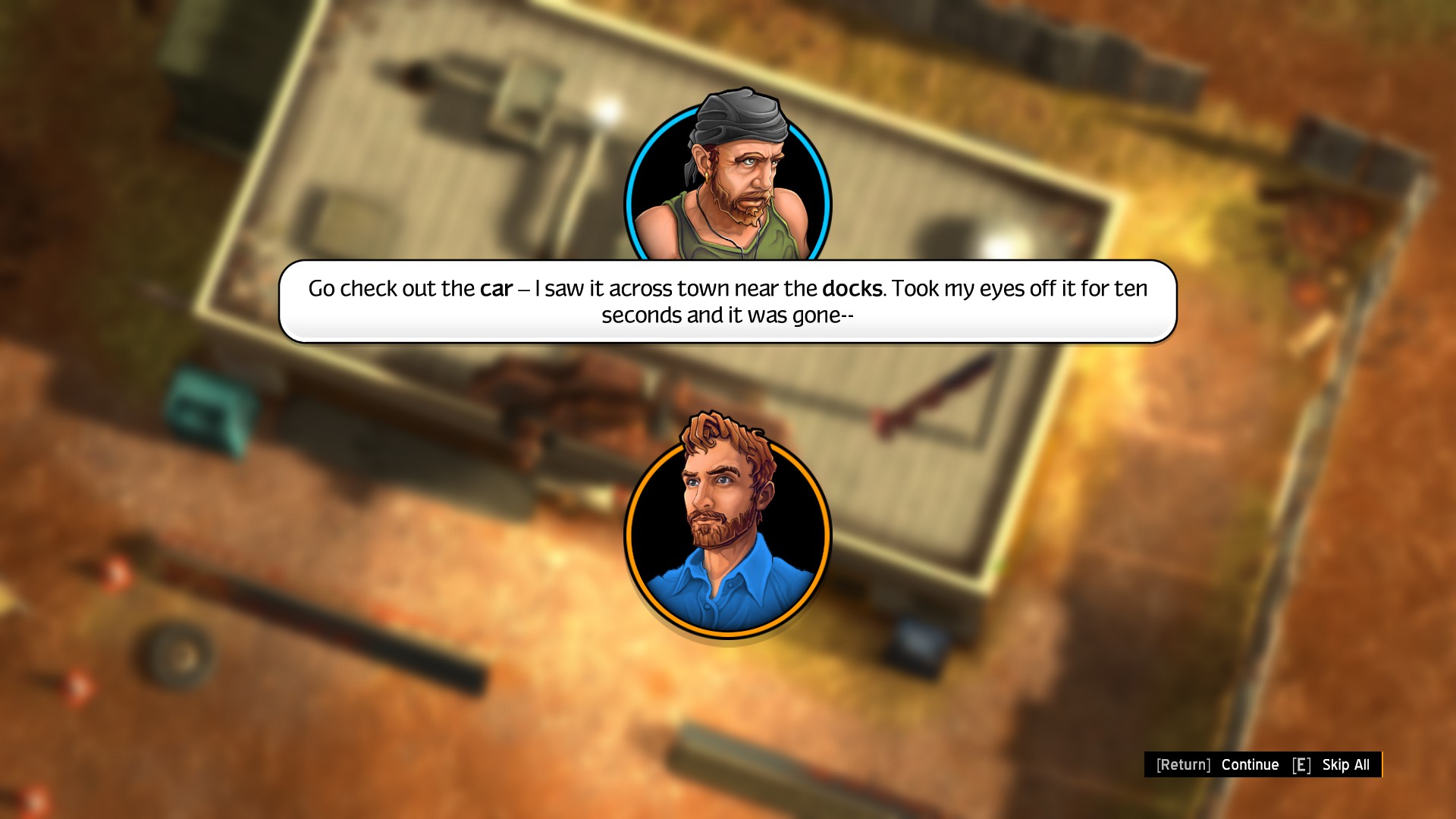Dialogue: Full of Easter Eggs or Generic?
Introduction
In storytelling, dialogue serves as the backbone of character development, plot progression, and world-building. However, not all dialogue is created equal. Some writers craft exchanges filled with hidden meanings, cultural references, and subtle foreshadowing—commonly called "Easter eggs." Others rely on generic, straightforward conversations that serve the plot without deeper layers.
This article explores the dichotomy between dialogue rich in Easter eggs and generic dialogue, analyzing their strengths, weaknesses, and impacts on audience engagement.
What Are Easter Eggs in Dialogue?
Easter eggs in dialogue refer to hidden messages, inside jokes, or subtle references embedded within conversations. These can include:
- Pop culture nods (e.g., a character quoting a famous movie line).
- Foreshadowing (e.g., seemingly casual remarks that hint at future events).
- Meta-humor (e.g., characters breaking the fourth wall).
- Linguistic play (e.g., puns, double entendres, or coded language).
A well-known example is The Simpsons, where background dialogue often contains obscure jokes. Another is The Avengers (2012), where Tony Stark’s quips frequently reference past films or comic lore.
The Appeal of Easter Egg-Laden Dialogue
1. Rewards Attentive Audiences
Fans love decoding hidden meanings, creating a sense of discovery. Shows like Rick and Morty thrive on layered dialogue that rewards repeat viewings.
2. Enhances World-Building
Subtle references make fictional worlds feel lived-in. Game of Thrones used minor character exchanges to hint at deeper political intrigue.

3. Encourages Fan Engagement
Easter eggs spark discussions, theories, and online debates, extending a story’s lifespan beyond its runtime.
4. Adds Depth to Characters
Clever wordplay or inside jokes can reveal personality traits—e.g., Deadpool’s meta-humor defines his irreverent nature.
The Pitfalls of Overusing Easter Eggs
While Easter eggs can enrich dialogue, overuse has downsides:
1. Alienates Casual Viewers
If dialogue becomes too referential, newcomers may feel excluded. Ready Player One faced criticism for relying too heavily on nostalgia.
2. Risks Being Gimmicky
If Easter eggs serve no narrative purpose, they feel forced. Some Marvel post-credit scenes, while fun, add little to the overall story.
3. Distracts from Emotional Weight
If every line is a joke or reference, serious moments lose impact. Guardians of the Galaxy Vol. 3 balanced humor with heartfelt dialogue effectively.
The Case for Generic Dialogue
Not all stories need hidden meanings. Sometimes, straightforward dialogue works best because:
1. Clarity Over Complexity
In fast-paced action films (John Wick), concise dialogue keeps the momentum going.
2. Focus on Realism
Films like Manchester by the Sea use naturalistic dialogue to enhance emotional authenticity.
3. Accessibility
Generic dialogue ensures broader audience comprehension, crucial for children’s media (Pixar films balance simplicity with depth).
Striking the Right Balance
The best dialogue often blends both approaches:
- Subtle Foreshadowing Without Obscurity (Breaking Bad’s "I am the danger" line gains meaning on rewatch.)
- Character-Driven Humor (The Office’s awkward exchanges feel organic yet contain hidden jokes.)
- Cultural References That Enhance, Not Distract (Spider-Man: Into the Spider-Verse uses humor and references without overshadowing the plot.)
Conclusion
Dialogue can be a treasure trove of Easter eggs or a straightforward narrative tool—both have merits. The key lies in intentionality: if hidden references deepen the story, they’re valuable. If they’re just for show, they risk feeling hollow.
Great writers know when to sprinkle in secrets and when to keep it simple. Whether a script is packed with Easter eggs or leans generic, the ultimate test is whether the dialogue serves the story—and the audience—well.
Final Thought: Next time you watch a movie or read a book, listen closely. The best dialogue might just be hiding something.
Tags: #Dialogue #EasterEggs #Screenwriting #Storytelling #FilmAnalysis #WritingTips


















